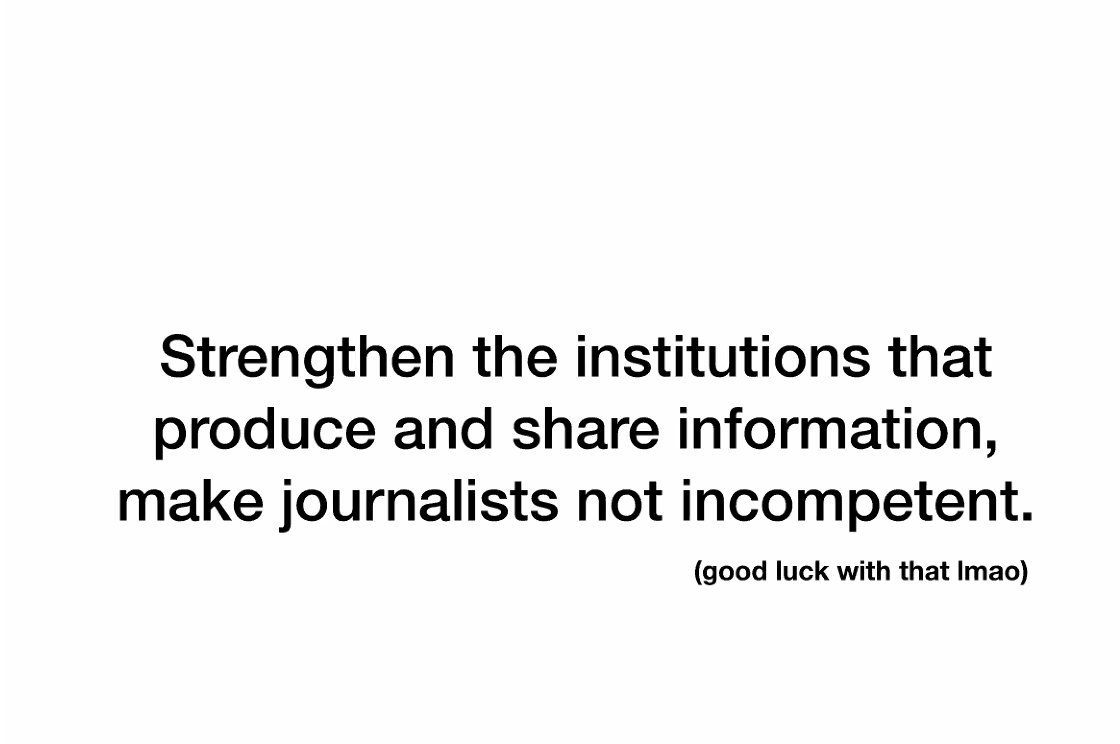
@CT_Bergstrom Pfff the philosophical community has discussed this amply. If only he read some philosophy then at least he would be read up on it. This is an excellent paper on the topic
bostonreview.net/race-philosoph…
bostonreview.net/race-philosoph…
@CT_Bergstrom Since I think few people will click through, let me just highlight a few important passages of this piece. The authors,
@RDembroff
and Dee Payton, argue that there is an asymmetry between being transgender and being transracial 1/
@RDembroff
and Dee Payton, argue that there is an asymmetry between being transgender and being transracial 1/
@CT_Bergstrom @RDembroff They write "... it is a mistake to base this asymmetry on notions about who “really is” a woman or who “really is” Black. The social world is a dynamic and ever-changing place...."2/
@CT_Bergstrom @RDembroff "The rules of gender and race are always changing. And given this, the question that really matters isn’t whether individuals like Diallo and Krug are in fact Black given our present rules of racial classification, but whether they should be." 3/
@CT_Bergstrom @RDembroff They propose an anti-essentialist idea of both race and gender: not immutable, fixed concepts but rather similar to “eligible voters” or “food” in the sense that currently accepted rules about gender and race classification are neither fixed nor guaranteed to be legitimate." 4/
@CT_Bergstrom @RDembroff So then the question becomes, who counts as a woman or Black, if it's not some immutable, essential traits, what should the concept cover? We can think whether these "ought to be changed in the interests of gender or racial justice" 5/
@CT_Bergstrom @RDembroff Now some people might object to the idea that concepts like "woman" or "Black person" are social constructs (like "eligible voter"). However, they then present arguments both against essentialism on gender (as determined by biological sex) and on race 6/
@CT_Bergstrom @RDembroff Dembroff and Payton: "As a result, we think a far more interesting and important question is should we change the rules for gender classification? for race classification?" Far more interesting than asking (as @RichardDawkins does, how is Jenner different from Dolezal? 7/
@CT_Bergstrom @RDembroff @RichardDawkins "For our part, we think that the reasons in favor of trans-inclusive gender classification outweigh the reasons against it, and that the reasons against transracial-inclusive race classification outweigh the reasons for it." 8/
@CT_Bergstrom @RDembroff @RichardDawkins Briefly, they argue that for Black people "inequality accumulates intergenerationally" (due to Jim Crow, rental restrictions, blatant discrimination in hiring etc.) whereas for gender, it does not.--anyway, read the whole thing. It is the best piece I have read on this issue /end
• • •
Missing some Tweet in this thread? You can try to
force a refresh



